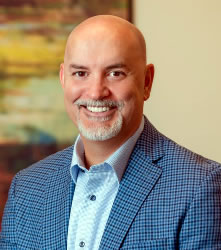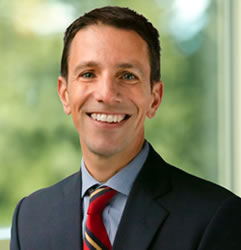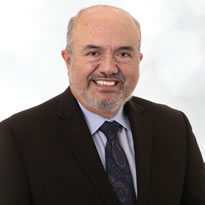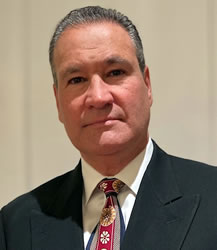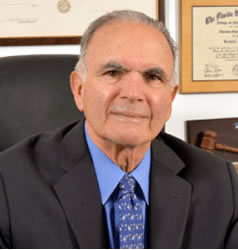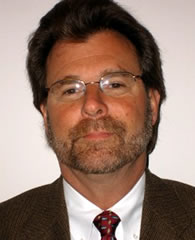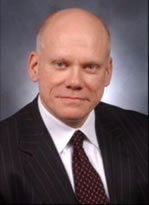4/11/2024· Ethics / Ethical Duties
Business Transactions with Clients - A Trap for The Unwary Practitioner
The Lawyer’s Lawyer is turning its attention to a situation that most of you have probably not considered in your practice, but have unknowingly participated in – business transactions with a client. The significance of this is that not recognizing when you are involved in a business transaction with a client,



